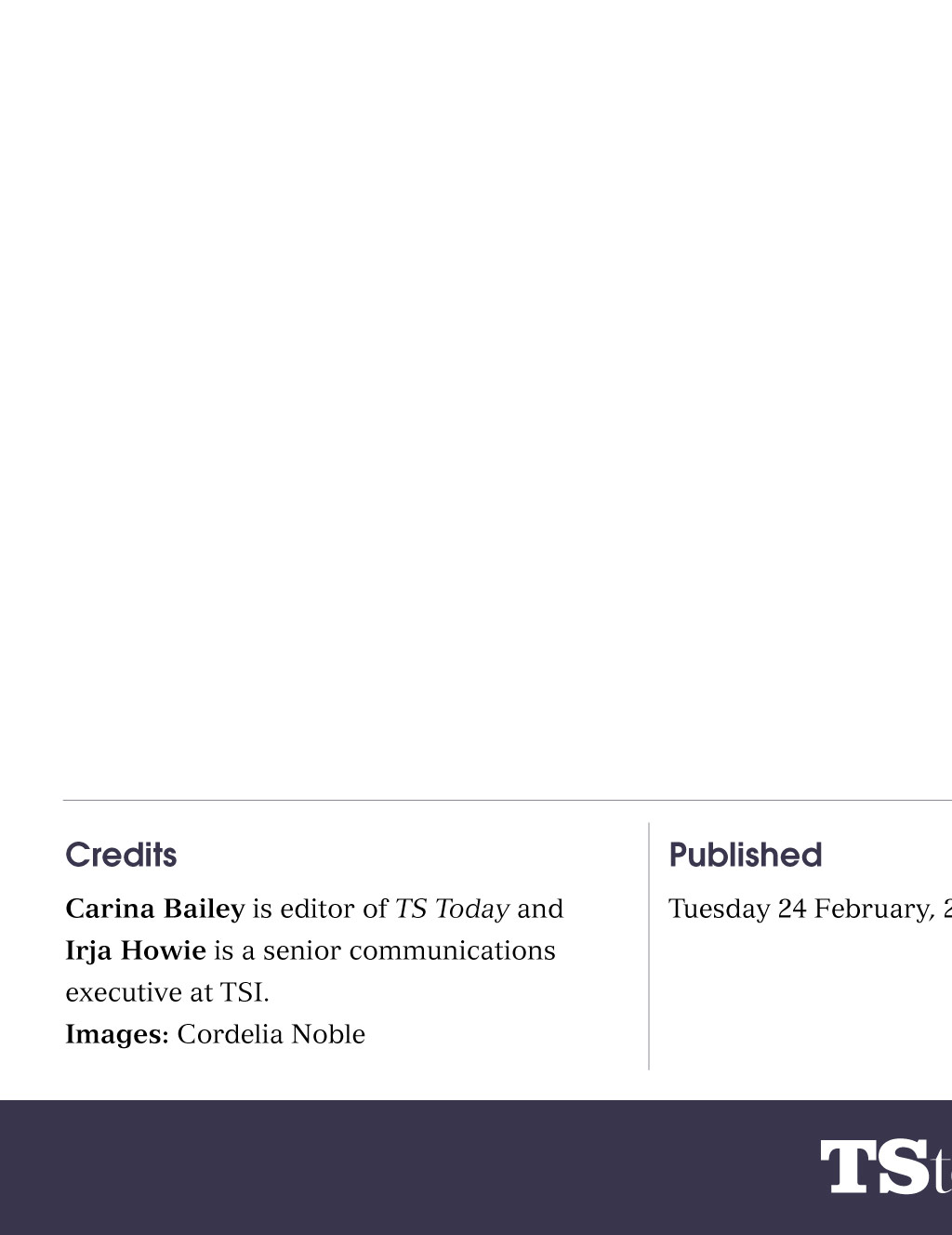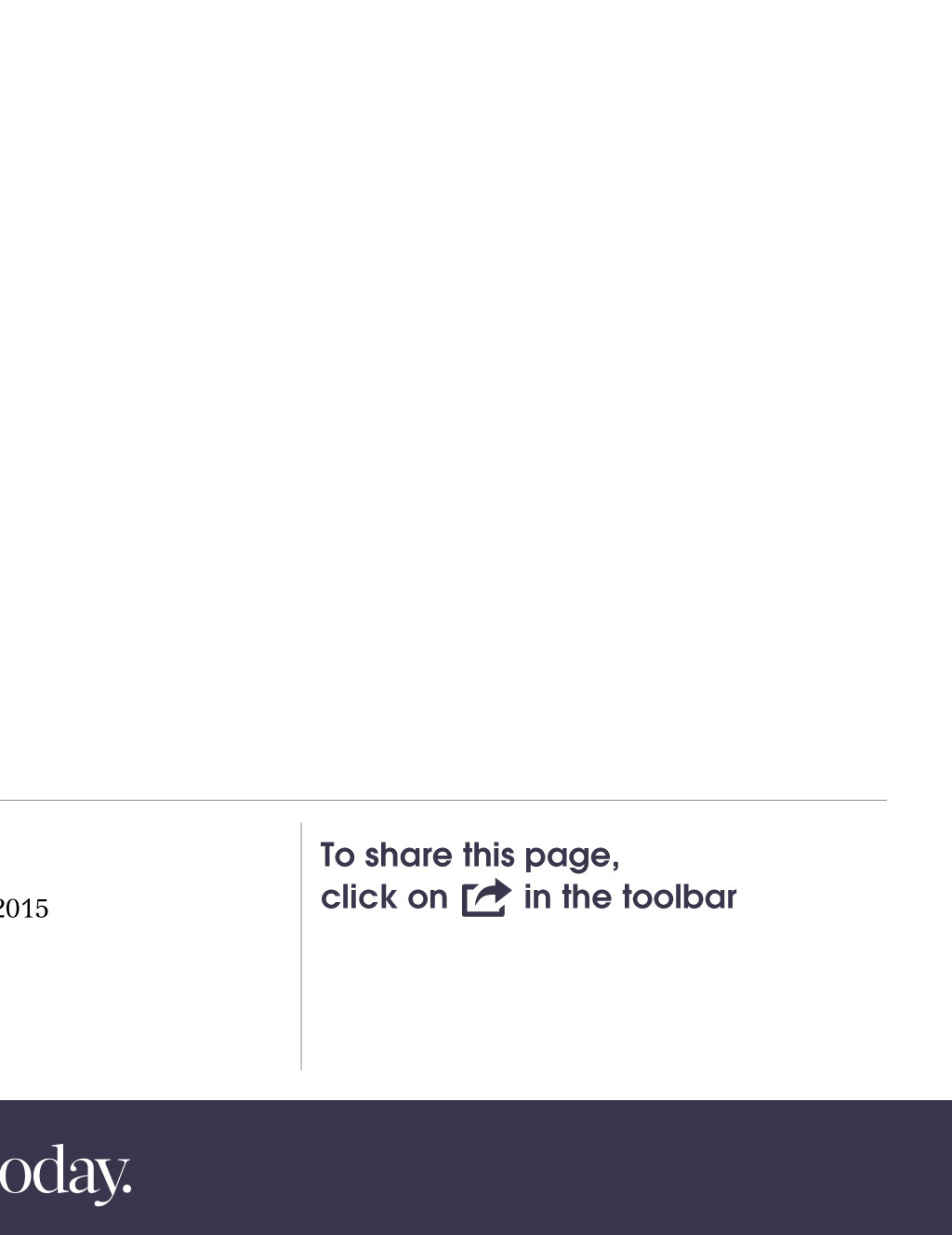
























, "18":"Year Ahead Conference In this feature budget cuts partnership working regulatory services 2020: the road to better public protection As the worst public spending cuts in living memory look set to deepen, politicians and delegates debate regulatory services survival at the 2015 Year Ahead Conference, writes Carina Bailey and Irja Howie T rading standards is arguably operating in one of the most uncertain periods in its history: deep public spending cuts that will take expenditure to its lowest levels since the 1930shave already been promised by the outgoing government; the General Election is a mere 10 weeks away;and devolution could change the balance of power in both England and Scotland. With a sobering 2.5bn worth of cuts forecast for local government in 2015-16 and social services demanding the lions share of what funding is left where does that leave trading standards, asked Cathy Newman, plenary facilitator at the Year Ahead Conference, held in Stratford-on-Avon last month. Roger Walters,Conservative councillor for Essex County Council, predicted a stormy couple of years ahead for the profession, and argued that it really needs one voice in central government to pull all of its disparate strands together. The business community is well represented weve now got a minister, and weve got an intellectual property adviser to the Prime Minister but what we dont yet have is a trading standards minister, said Walters. This is, for me, very important if we are going to address all of the issues. Labours shadow minister for food and farming, Huw IrrancaDavies, agreed that there needs to be a champion for trading standards within central government, but also proposed the creation of a crossgovernment committee, backed by No 10 and the Cabinet Office. Ultimately, it depends on the backing it receives and the people around the table, Irranca-Davies told delegates. Its about personalities, as well as politics. The panel agreed that deregulation was not the way forward, but that better partnership working between regulatory services such as trading standards, health services, central government and other agencies was. Weve got so many people trying to involve themselves in regulation, but partnership working is not happening, lamented Walters. People only want to do it if savings are in sight for them. Philip Evans JP, a Local Government Association board member, warned that the government can no longer guarantee local authorities ability to deliver the same level of service and protection if further cuts are imposed. Government needs a sense of realism about capacity on the front line, he stated. Given the legislative burden that has been placed on trading standards in the past 20 years, Evans added that either new sources offunding needed to be provided, or some of those responsibilities had to be removed. However, it was Walters view that a lot of budget is still there within the health authorities, theyre just not making the links. He added: Its inefficient public spending. He cited an elderly person responding to a mailshot scam as an example of when health-funding requirements balloon, when it could so easily be reduced if trading standards had the resources to get involved. If we can prevent people having these problems, they wont be a burden on public health, said Walters. He explained that health services still needed convincing of the benefits of trading standards work on peoples health and wellbeing, and of why partnerships between the two services were key. Devolution could be good if we could get partnerships together and show health departments how things going on in the general population are having an effect on peoples health. According to Liberal Democrat MP Mike Crockart, it is the silo mentality whereby each department covets its own pot of funding forits own purposes that perpetuates this inefficient spending of public funds. ProFessionaL LeaDersHiP Dont treat volunteers as a cheap source of labour that was the key message from Justin Davis Smith, executive director of volunteering and development at the National Council for Voluntary Organisations, during the last plenary session on leadership. He explained that volunteers can add tremendous value to an organisation if a person is made to feel like an important part of its ambition, as it will build their self-esteem. During the 2012 London Olympics, volunteers were key ambassadors of the Games: Those at the very top understood that volunteers werent an add on, they were integral to making the Games work, said Smith. Air Vice-Marshal Paul Atherton OBE RAF, director (operations) of the Military Aviation Authority, said the top piece of advice he could impart was: Whatever your organisation is, you have to have an absolutely clear focus of what you are all working towards. He added that empowerment is crucial, too, and is achieved by telling people what they are responsible for. John Coleman, managing director of the Plover Partnership, told delegates that moral courage to deal with people issues within an organisation, for example was a fundamental quality required by leaders. He added that, to get the best out of staff: We have to give people believable optimism a sense of hope for the future thats grounded in whats believable. Jonathan Herrick, Chief Fire Officers Association lead for better regulation, believed that truth is key if leaders want to be respected: If I can tell the truth about something and I can get it, why wouldnt I want to do that? Theres timing for sure, but theres no reason why we cant be straight with people. FiGHt For sUrViVaL Take nuisance calls, he said. The cost of [installing] piloted callblocking technology youre talking 300 per person. Thats the same cost as three days in a care home. Should that be coming out of the social care budget? We need to get away from this silo mentality. Walters suggested that the cost of this call-blocking technology could come out of telephone companies budgets instead. Crockart agreed, saying that if telecommunication companies dont take more action to protect consumers, a telecoms company obligation may have to be introduced. Energy companies have this to make sure houses are heated, he added so why not telecoms companies too? Irranca-Davies also called for more involvement from the corporate sector, citing findings within the Elliott Report, which was conducted in the wake of the horsemeat scandal: Professor Chris Elliott focused very heavily on a greater need for collaboration with industry, he said. But Walters rebuffed the idea that all big businesses could be relied upon to collaborate, branding some as having no social conscience whatsoever! An unwillingness to cooperate would pose a problem for regulatory services involved in food-chain safety, for example, if the way forward is to rely on in-house audits conducted by industry itself, rather than local government inspectors. Part of the funding crisis now facing trading standards, said Evans, was created because trading standards had failed to get its voice heard above the clamour for funding within local government. When Walters asked all the politicians in the auditorium to raise their hands, only two were in attendance a damning indictment of trading standards dialogue with the people who hold the purse strings. Worryingly, it might be governments intention for district councils to be self-funding by the time the next General Election is called. So, what should trading standards services be doing apart from making more noise to generate extra funds to head off the crisis? Charging for services is one option but, as one delegate put it to the politicians: Would you rather we charge for repeat inspections, orwould you prefer deregulation, so that businesses could do what theylike? In answer, Irranca-Davies said: We should be sitting down and assessing every option. This is critical; this is absolutely to do with peoples safety. We know the criminals are turning away from cigarettes and into food because they can do it easily. Its now rippling across international borders. On that basis, we should be discussing every option creatively. There are many other frontline services where there is actually some sort of levy or charge. That discussion absolutely needs to happen, because the system is creaking. Crockart suggested that businesses should put their hand in their pocket and help to pay for it, while Walters cautioned services against jumping headlong into charging, without first investigating how much money a fee-based service is likely to make, and how much it will cost to replace the lost resource within the trading standards team. Whatever choices individual authorities make, they need to make them radical and they need to make them fast. AFTER THE POLITICAL DEBATES IN THE MORNING, STAKEHOLDERS HAD THE OPPORTUNITY TO RESPOND IN THE AFTERNOON. CHANGE, CHALLENGE, OPPORTUNITY THESE KEY WORDS WERE OFTEN REPEATED AS THE SPEAKERS LOOKED TO THE FUTURE AND FORMULATED THEIR MESSAGES TO GOVERNMENT Andy Foster Cathy Newman Teresa Perchard Graham Wynn Graham Russell MBE Rod Ainsworth Ken Moon Steve Duckett Gordon Ashworth Click images for more andy Foster, director of regulatory services at capita, urged the audience not to fear change or see it as a danger. He also highlighted the need for politicians to not only come up with policies and laws, but also to follow through with implementation plans. Politicians will often recognise the value of trading standards, but not offer recommendations to solve the problems, said Foster. For example, the consumer Bill is a huge change but it is like a scalextric set without a plug on the end. a policy without an implementation plan is a mere wish list. Credits Published Carina Bailey is editor of TS Today and Tuesday 24 February, 2015 IrjaHowie is a senior communications executive at TSI. Images: Cordelia Noble To share this page, click on in the toolbar